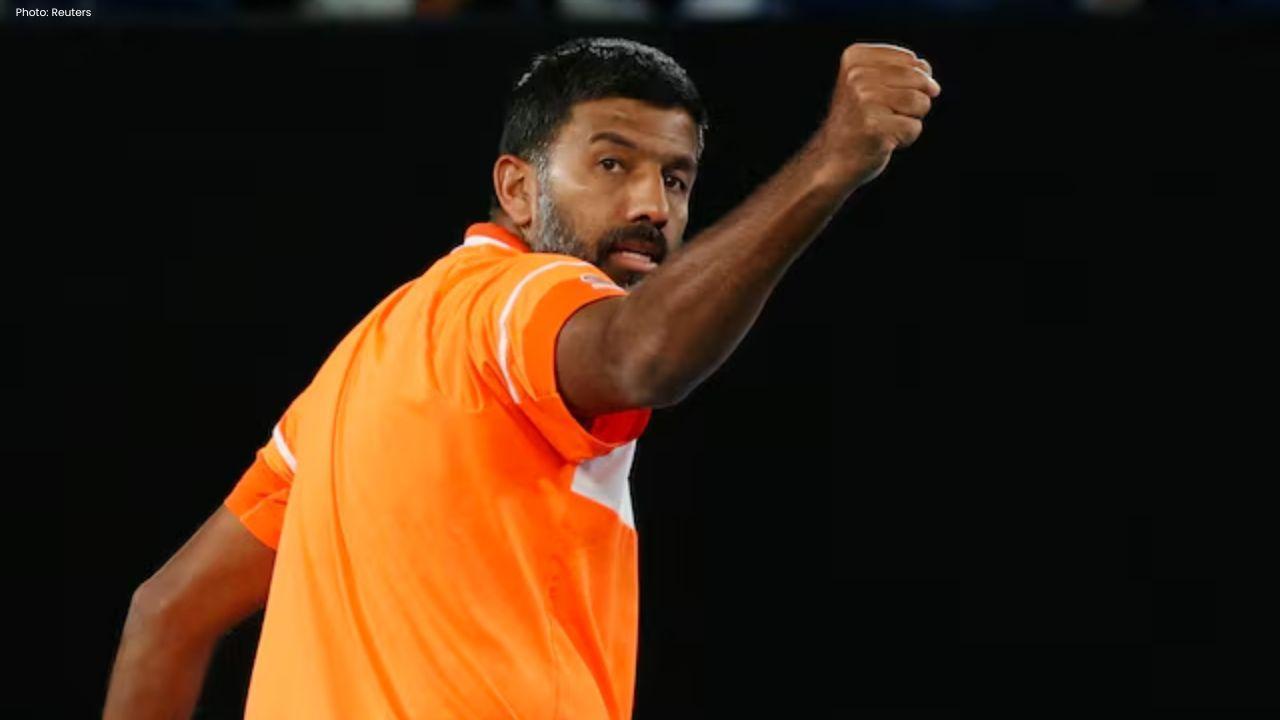
Post by : Sami Jeet
In an era of constant change, happiness can feel ephemeral. Neuroscience, however, indicates that sustained well‑being is closely tied to the small, repeated behaviours we perform every day. Thoughtful adjustments to daily patterns strengthen brain circuits that support calm, purpose and satisfaction—without waiting for major life events.
Below we examine how routines influence emotional health and outline evidence‑based steps to design a daily programme that supports mental resilience.
What we call happiness is rooted in neurochemistry. Specific neurotransmitters shape motivation, mood and emotional balance. Key players include:
Dopamine: The brain’s reward signal, released when you make progress or complete tasks.
Serotonin: A regulator of mood and emotional steadiness.
Endorphins: Natural analgesics that lift energy and blunt stress.
Oxytocin: A social bonding hormone increased by trust and connection.
Activating these systems does not require luxury or major change. Routine activities—movement, gratitude practices and meaningful exchanges—are powerful stimulants of these chemicals.
The human brain prefers predictability. Reliable daily structure reduces stress, limits decision fatigue and creates psychological security. Research from the American Psychological Association finds that people with stable routines report better emotional stability, productivity and overall happiness.
Practical examples include:
A structured morning that sets priorities and energy.
An evening wind‑down ritual that signals rest.
Consistent mealtimes and exercise to support digestion, metabolism and sleep quality.
Introducing regular rhythm into daily life tends to reduce anxiety and increase focus.
The start of the day influences cognitive performance and affect. Short, deliberate morning steps can shift the day’s trajectory. Evidence‑backed habits include:
Seek natural light: Early daylight supports serotonin production and alertness.
Note things you appreciate: Brief gratitude exercises build optimism and resilience.
Move briefly: A short walk or stretch raises endorphins and sharpens focus.
Delay screens: Avoiding devices for the first 30 minutes reduces information overload and preserves a calm start.
These modest actions prime attention and improve emotional tone for the hours ahead.
Sustained well‑being requires small resets during the day. Effective midday practices include:
Take mindful pauses: Short breaks away from screens—stretching or deep breathing—help lower cortisol.
Choose balanced meals: Foods with omega‑3s, magnesium and B vitamins stabilise mood and energy.
Connect briefly: A short chat with a colleague or friend boosts oxytocin and emotional well‑being.
Step outside: Time in nature is linked to reduced stress and sharper concentration.
Regularly applying these small habits helps maintain calm, productivity and emotional equilibrium.
How the day ends affects recovery and tomorrow’s performance. Nighttime routines that aid rest and reflection include:
Record a small win: Noting an achievement or pleasant moment trains attention toward positives.
Reduce screen exposure: Limiting blue light supports melatonin and healthier sleep.
Use relaxation techniques: Meditation or gentle yoga decreases stress hormones and improves sleep quality.
Keep consistent sleep times: Regular bedtimes strengthen circadian rhythms.
A deliberate evening routine allows cognitive and emotional systems to recover, making mornings easier.
Body and mind interact closely. Prioritising physical health measurably raises emotional resilience. Key elements are:
Regular exercise: Boosts dopamine and serotonin, countering anxiety and depressive symptoms.
Stay hydrated: Dehydration increases fatigue and irritability.
Prioritise sleep: Insufficient rest disturbs hormonal balance and mood regulation.
Eat whole foods: Diets rich in plants, lean proteins and healthy fats support cognitive function.
Research indicates that people who focus on physical wellness report approximately 30% higher levels of happiness and life satisfaction than those who do not.
Mindfulness—training attention on the present—has been shown to alter brain activity, lowering reactivity in stress circuits and increasing gray matter involved in emotion regulation. Gratitude shifts perspective from scarcity to abundance; keeping a brief gratitude log or expressing thanks daily supports enduring positive change.
Together these practices act as mental conditioning that strengthens a positive outlook.
Human beings are social by nature. Findings from Harvard’s 80‑year Happiness Study demonstrate that deep, supportive relationships predict lasting well‑being more than wealth or status. Investing in meaningful connections—family, friends or community—raises oxytocin levels and builds resilience.
Happiness looks different for everyone, but creating a personalised routine follows three practical steps:
Identify energisers: Notice which activities improve your mood and vitality.
Begin incrementally: Add one or two manageable habits rather than overhauling everything.
Repeat reliably: Consistency turns behaviours into habits and habits into durable change.
Designing routines lets you actively shape emotional outcomes instead of leaving them to chance.
Long‑term well‑being emerges from repeated, small choices rather than isolated events. By prioritising hydration, movement, gratitude, meaningful contact and presence, you create the conditions for sustained happiness.
Scientific evidence shows the path to a more content life is procedural: make intentional habits and let them compound into a way of living aligned with your values.










Paramount+ Wins Five-Year Deal to Stream PBR’s 'Unleash the Beast'
Paramount+ has inked a five-year streaming agreement to carry PBR's Unleash the Beast live from Dece

Zohran Mamdani's Historic NYC Win Marked by Bollywood Finale
Zohran Mamdani captured the New York mayoralty — the city's first Muslim and South Asian mayor — and

Indian Tennis Veteran Rohan Bopanna Ends Illustrious Career
Rohan Bopanna retires from tennis at 45 after winning two Grand Slams, becoming world number one, an

Babar Azam Becomes Top Run Scorer In T20I Cricket History
Pakistan’s Babar Azam has overtaken India’s Rohit Sharma to become the highest run-scorer in men’s T

BTS Comeback 2026 Group Plans Biggest-Ever Global Tour
BTS is set for a long-awaited comeback in 2026, followed by a massive 65-city world tour. Fans hope

India Stuns Australia to Reach Women’s World Cup Final
India shocked seven-time champions Australia in the Women’s World Cup semi-final, chasing 339 runs w